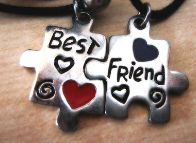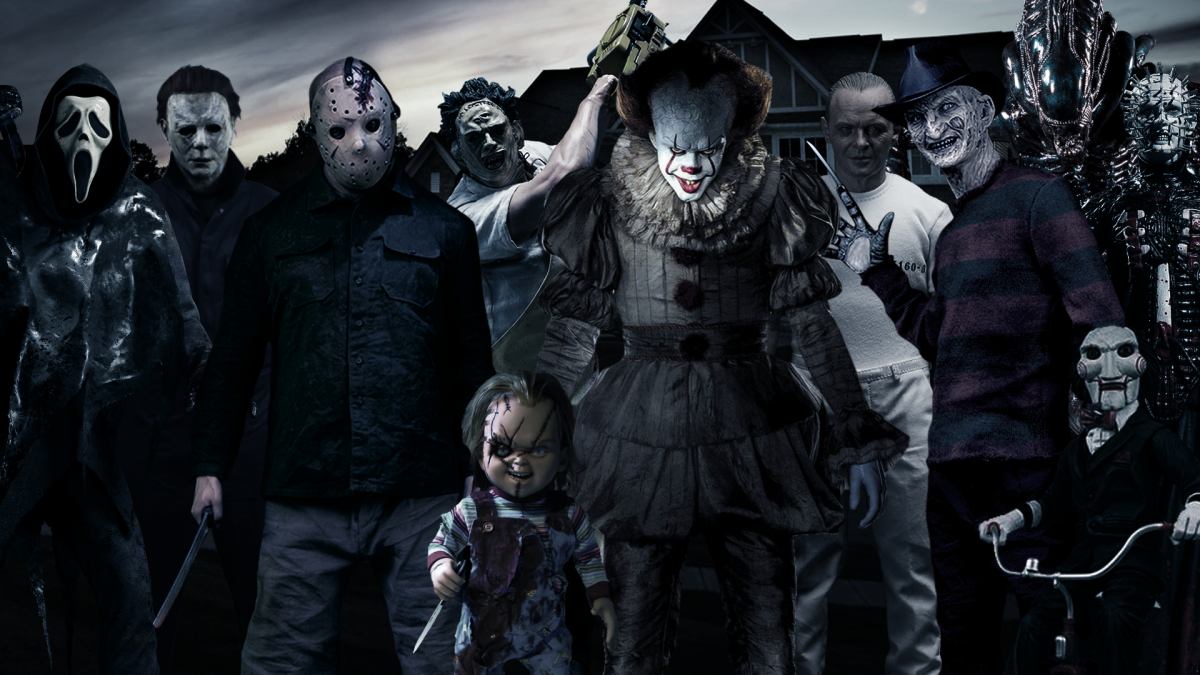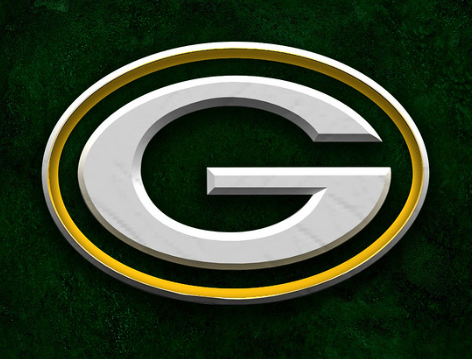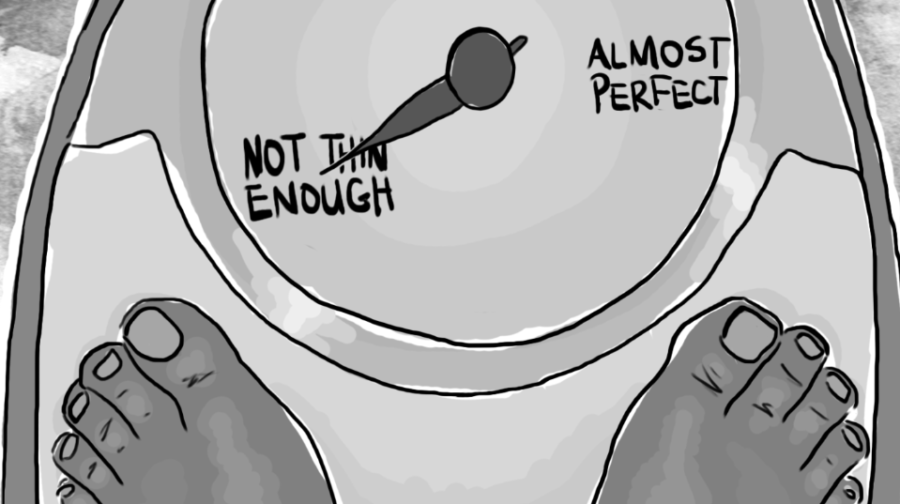Eating Disorders
October 17, 2022
There are three main eating disorders: anorexia, bulimia, and binge eating. They all have their own meaning. Anorexia is when you avoid food, won’t eat as much anymore, weigh yourself constantly, and think you’re overweight even if you’re not. Bulimia is when you will find yourself eating a lot of food and then throwing it up later before it has time to digest. Binge eating is simply when you eat and eat, but the amount of food you eat is very unhealthy.
Anorexia Nervosa is a deadly disorder. When you have anorexia, you are absolutely terrified to gain any weight. No matter how skinny you are, you are actually scared to gain anything. You’ll stop eating so you don’t gain a single pound. People will use diet aids and laxatives to get rid of any food they eat. It’s calorie control. Anorexia isn’t even truly about food. It’s you trying to get yourself to feel better using something that doesn’t work for the issues you’re going through. Sometimes, it can be caused by things such as declines in mental health. Also, things such as being bullied can cause someone to develop anorexia, if someone’s body shames you and makes you feel self-conscious you may stop eating as much. If you don’t feel good about yourself, then some people think a valid solution is to be skinny.
So they’ll stop eating, try to control what they eat, and only eat small portions. That’s why it’s a deadly disorder, you’re starving yourself because you’re afraid to gain any weight. People will also exercise excessively in order to lose any weight they can. Anorexia causes more problems than losing weight, however. It can cause low blood pressure, weak bones, and an odd heartbeat. Anorexia causes many more problems than it solves.
Bulimia is also a life-threatening disorder and is similar to anorexia. However, there are several differences. For instance, when you have bulimia you overeat, binge eat, and then make yourself throw up to get rid of all the food. Most of the time, it’s a loss of control. They can’t control themselves and stop themselves from eating, and then the guilt of eating all of it causes them to throw up. If you have bulimia you will find yourself focused on your flaws most of the time, and you focus on the shape of your body and judge any fat that might be there. Bulimia is almost like a more drastic body dysmorphia. Similar to anorexia, you still have a fear of food, but you are unable to control yourself if you get around it. Also, if you have it you may use laxatives as well, like people with anorexia. You will also try using things like drinks or diet pills to try to lose weight. There are ways to look out and see if someone might have bulimia if you’re worried about a friend or even yourself. There are some things to investigate: Do they go to the bathroom often after meals? Are they eating more than usual? Does it look like they’ve been losing weight? Do you hear them complaining about their weight? Do they refuse to eat out sometimes? Have their eating habits changed? These are some common signs a person may have bulimia.
Binge eating disorder is the most common eating disorder in the U.S.If you have a binge eating disorder, you will push yourself to eat and keep eating until you’ve eaten an unhealthy amount of food. When you have a binge eating disorder, it’s almost like an addiction. You want to eat and eat no matter how full you are, and no matter how unhealthy it is. You want food. You don’t care about your weight or about money or anything else, you feel like you need the food. Most of the time, you won’t eat in front of people because you’re embarrassed about how much you eat, and if you have it you don’t have much control over the amounts you eat. Once you start eating you can’t stop, so you’ll find yourself eating alone most of the time. After you’re eating, you will more than likely feel disgusted or embarrassed for losing control. Sometimes if the person with the disorder has a family or roommate they will steal food and hide it so only they can eat it.
Body dysmorphia isn’t exactly an eating disorder, but it still is about your physical appearance. Body dysmorphia is when you spend a lot of time thinking or looking at all of your flaws. You’ll think things such as your nose is too big or you’re putting on too much weight. Most of the time, none of those things are actually happening. It’s like you’re looking into a mirror and seeing someone completely different, filled with all these flaws your mind is telling you that you have even if you don’t. Tons of people will disagree with you and tell you that you’re pretty and you’re not fat and you don’t need to lose weight. You won’t agree with them on the inside, maybe you’ll smile and nod and agree, but you don’t think it’s true. You don’t feel pretty, so obviously they’re lying to you. Your only goal, in the end, is to feel pretty; You want to be perfect in your own eyes. You’ll spend hours looking in the mirror and hating yourself for looking the way you do. You don’t understand that you’re putting these thoughts in your head, and most of the time what you’re saying about yourself isn’t true, but you can’t see those things. All you think about is your flaws. That’s what body dysmorphia is.
Most of the time, eating disorders come from your insecurities. A lot of the time, people will have an eating disorder because they don’t like the way they look. They think the only way to make themselves look better is to starve themselves. Other people find comfort in eating, so they eat a lot and it becomes a habit, and then it becomes a disorder. Eating disorders come from bad mental health as well. If you’re not stable and okay, then you might turn to starve yourself as a way to try to make yourself feel better. A common mindset is if you’re skinny then you will feel better about yourself. It’s not true at all, but it’s a very common mindset. There are a couple of ways you can help someone or yourself out of an eating disorder.
Being involved in social activities and going out can help people out. You have to stay calm with the person and make sure they know you’re not mad at them. You have to try and see what is going on from their point of view. Of course, you want to make sure the person you are trying to help eats, but you have to be patient with them. You can’t try and force them to eat, you have to help them slowly through it. Positive affirmations also help to make sure they know they are perfect and eating isn’t going to change that.






















































































































































Ava Barnes • Oct 17, 2022 at 2:03 pm
Really informative article!